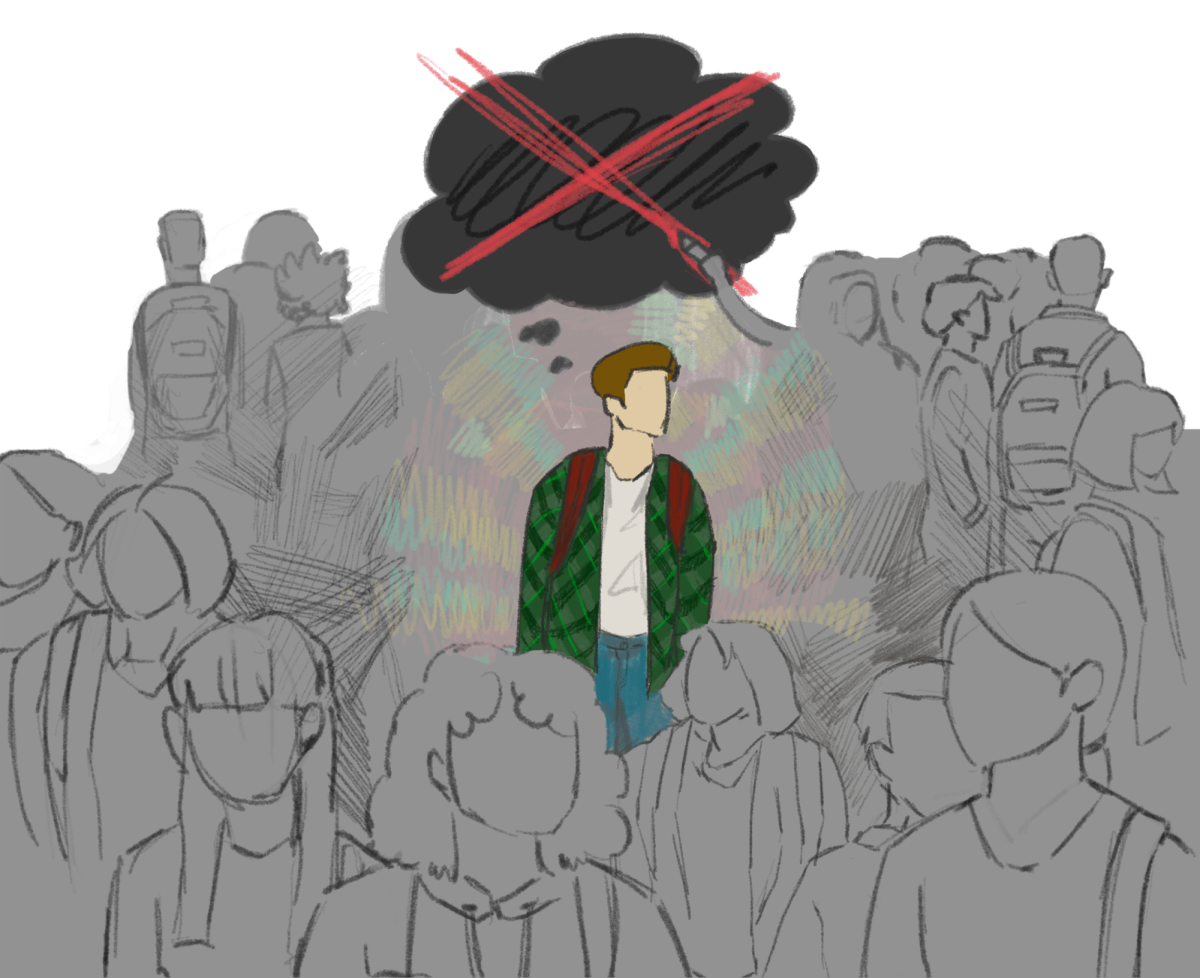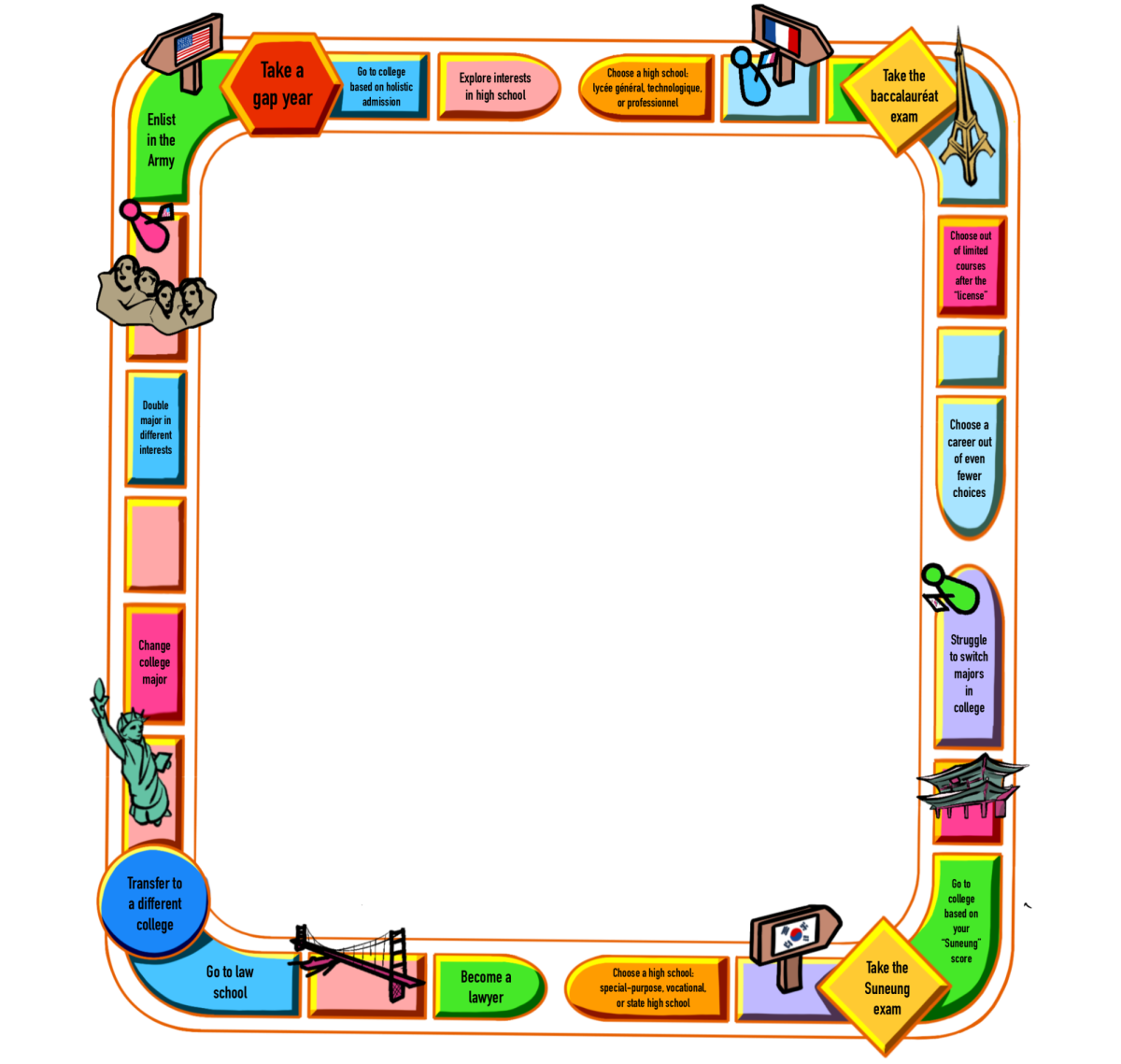Written by: Rachel Lew
The Guardian received secret information on government surveillance programs from former Central Intelligence Agency analyst Edward Snowden. Since then, national debates have raged as citizens question the government’s choice to not relay information on spying tactics, including the fact that the U.S. government used the help of major technology companies, like Microsoft, Google and Yahoo, to gather information on the companies’ product users. The U.S. government is justified, however, in its reluctance toward embracing transparency on its surveillance programs.
Because transparency can only be achieved through the media, which is globally accessible, information on surveillance methods leaked to U.S. citizens and allies is simultaneously leaked to the country’s enemies. According to The New York Times, at a House Intelligence Committee hearing on Jun. 18, 2013, General Keith B. Alexander, the head of the National Security Agency (NSA), defended the agency’s surveillance programs that he said had helped prevent “potential terrorist events over 50 times since 9/11.” He also insisted that information on other surveillance programs remain undisclosed: “In the 12 years since the attacks on Sept. 11, we have lived in relative safety and security as a nation…That security is a direct result of the intelligence community’s quiet efforts to better connect the dots and learn from the mistakes that permitted those attacks to occur.” Gen. Alexander’s words illustrate that the government refuses to publicize details on how its programs have prevented terrorism on the grounds of concealing those details from terrorists.
Some of those who opine that the government’s lack of transparency is a form of deceit also believe in the snowball effect and feel that secrecy will lead to lies and pervasive propaganda, culminating in totalitarianism. In a democratic state, however, this fear is far-fetched. U.S. authorities hold positions for terms and are voted on by the citizens; an individual does not stay in power long enough to exercise totalitarianism and would forgo support in future elections if he or she implemented such societal controls.
President Barack Obama, compelled by public uproar over the NSA’s revealed encroachments, recently made a public statement calling for greater transparency in the government to the public. As demonstrated by his actions, transparency and the lack thereof have the same effect: both raise the citizens’ support of the government, which allows the government to manage the country more easily and to accomplish goals and be more progressive. For example, in the United Kingdom, the introduction of closed-circuit television (CCTV), a video surveillance system to prevent crime that set up one camera for every eleven people, the public reaction was not as negative as that of the U.S. to the PRISM surveillance program.
Transparency does not carry a risk of causing even more public dissent in the future. However, it enables national security if the government uses it safely. The solution is a compromise: citizens must learn to accept some uncertainty and control by the government and trust the government to act for the good of the citizens. If not, they must organize and collectively take diplomatic action to ensure that the government acts accordingly. Without trust between a representative body and the people, progress for the people will never exist.
—Lew, a senior, is a Centerfold Editor.











